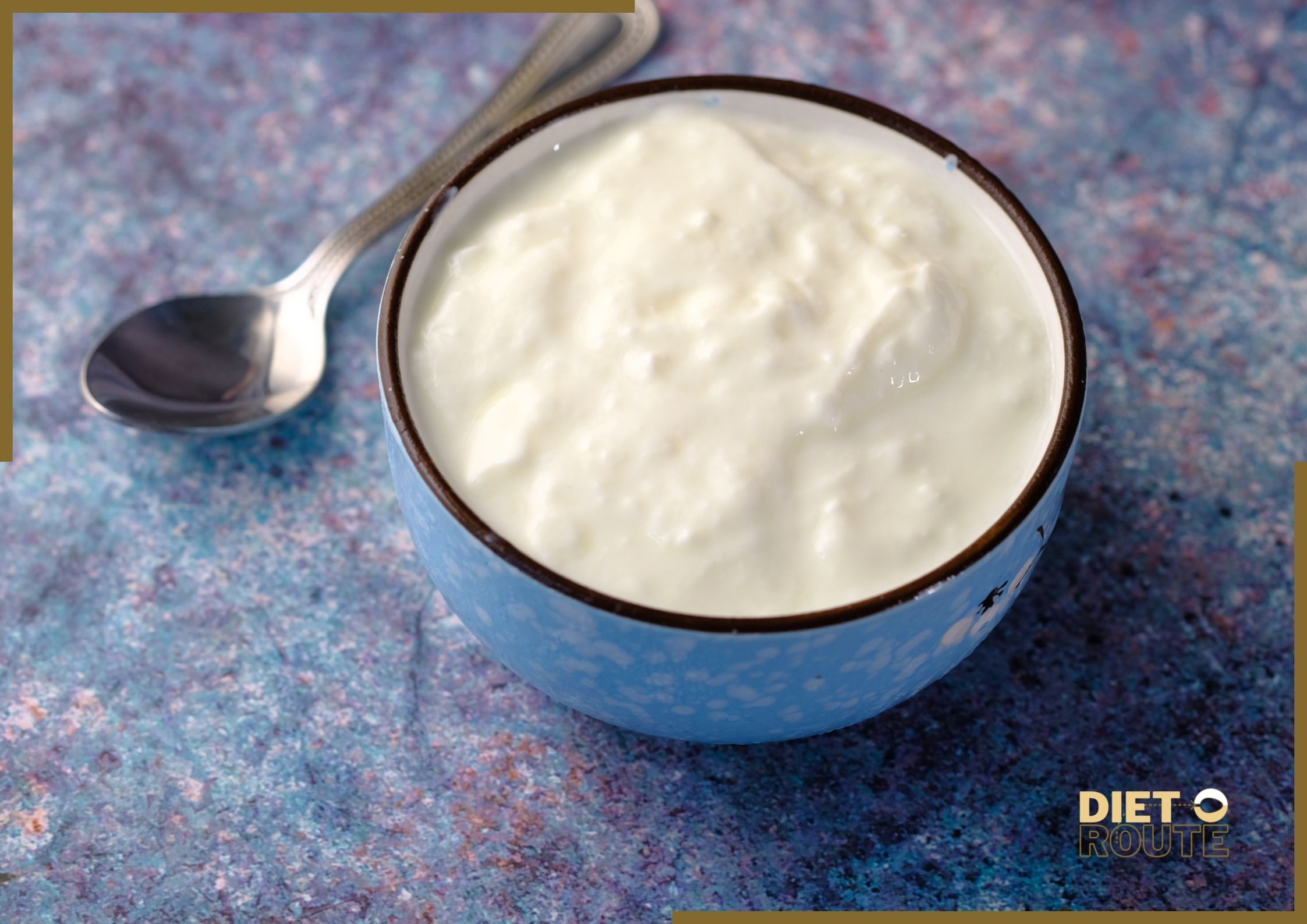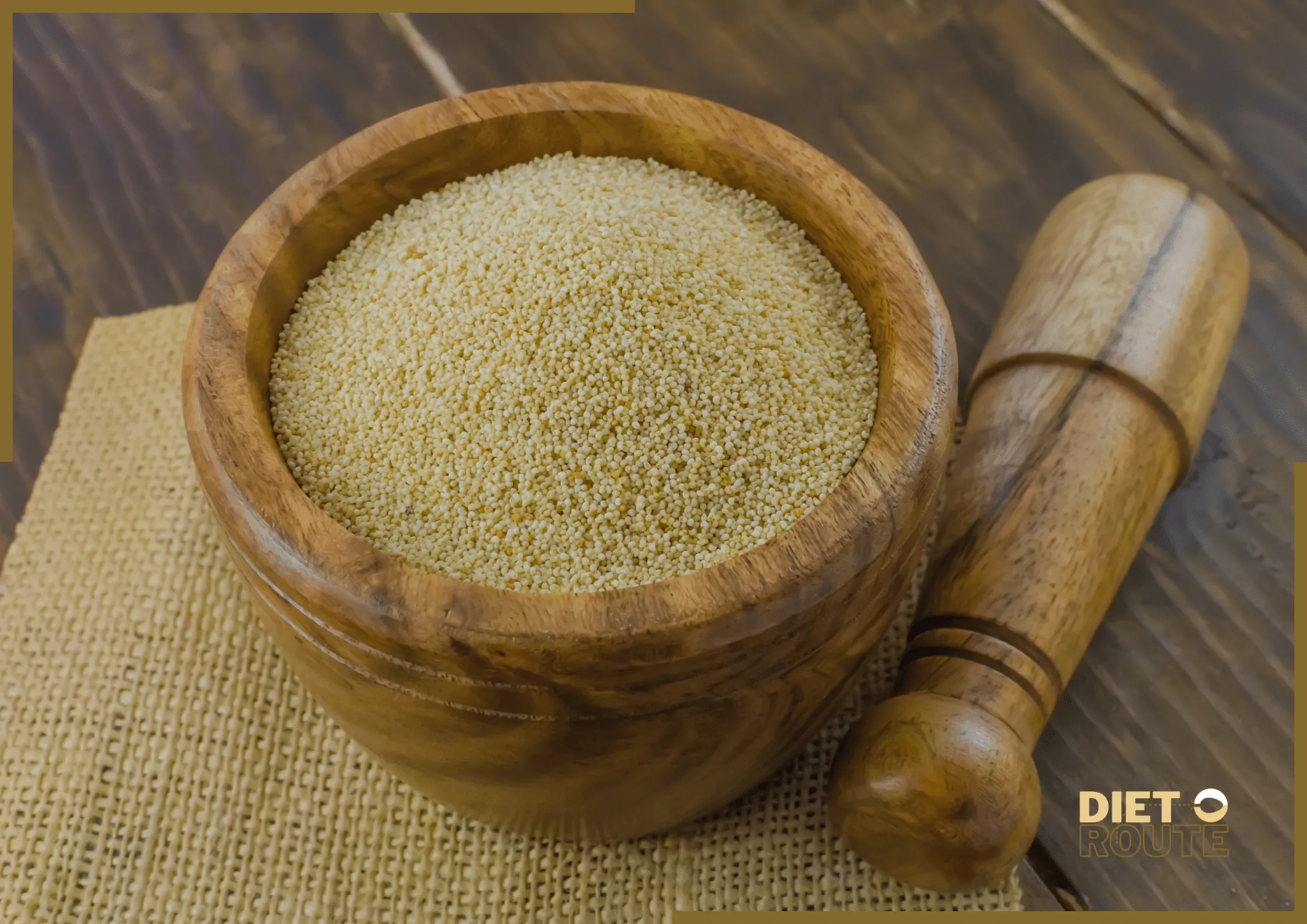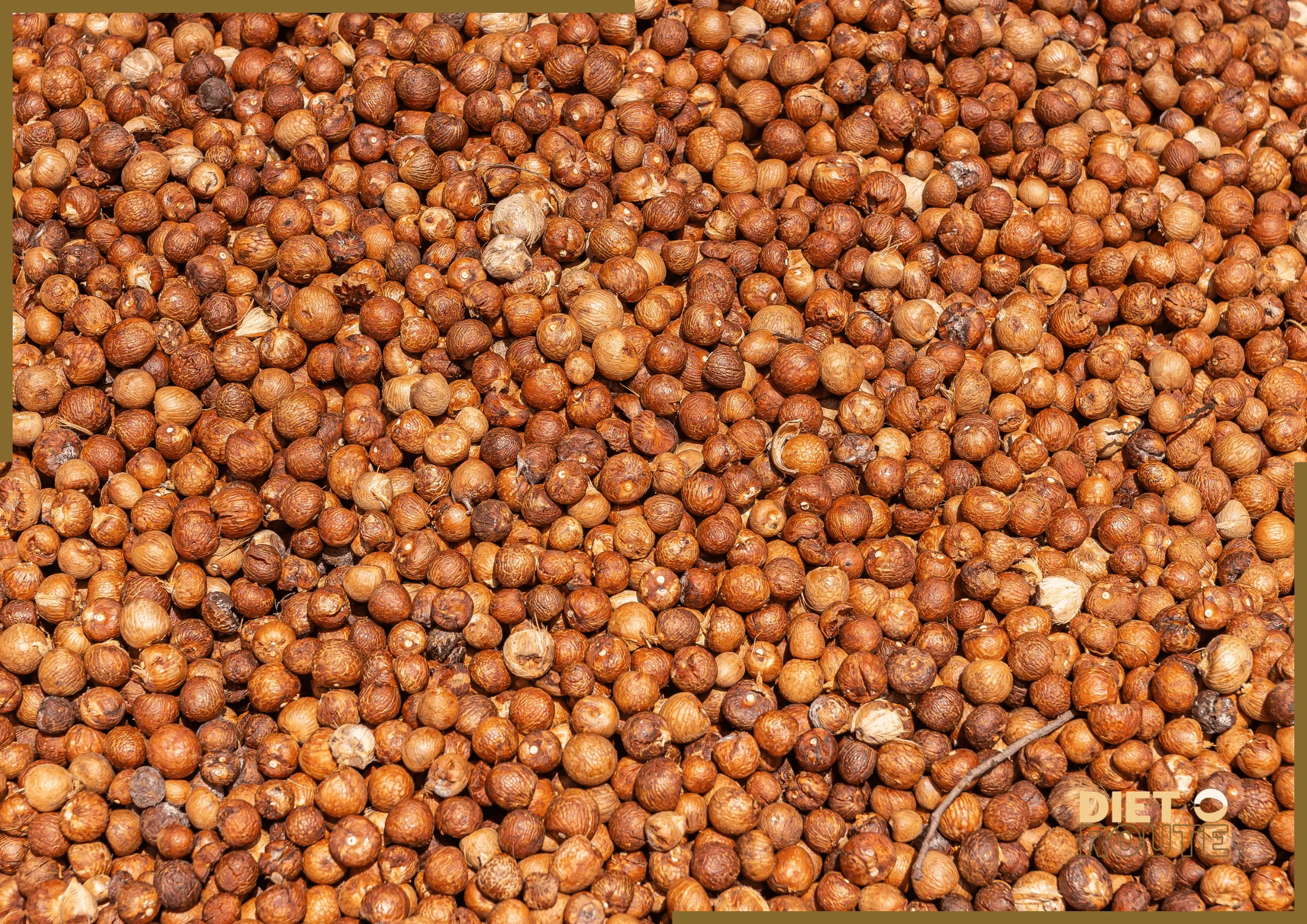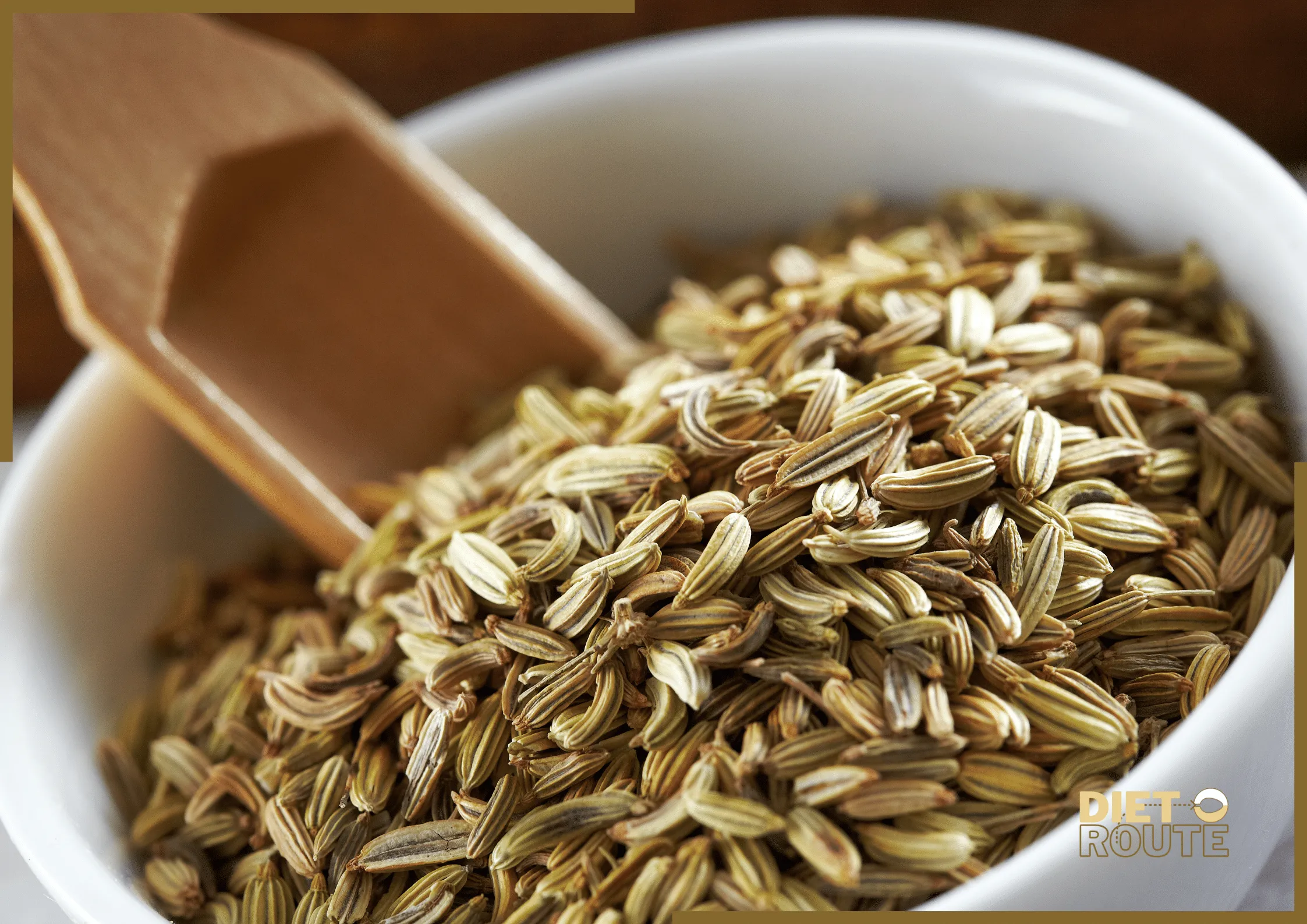Table of Contents
Introduction
Low-fat yogurt is a popular choice for individuals who care about their health, offering a creamy and healthy dairy product with reduced fat content. In this article, we’ll look at the nutritional content of low-fat yogurt, talk about its pros and cons, respond to some common questions, and end with some thoughts on its role in a healthy diet.
Nutritional Value Approximately 100g
The values provided are approximate can vary depending on the size and quality.
| Nutrient | Amount Per Serving | % Daily Value |
|---|---|---|
| Calories | 100 | 5% |
| Total Fat | 2g | 3% |
| – Saturated Fat | 1g | 5% |
| – Trans Fat | 0g | |
| Cholesterol | 5mg | 2% |
| Sodium | 75mg | 3% |
| Total Carbohydrates | 15g | 5% |
| – Dietary Fiber | 0g | 0% |
| – Sugars | 12g | |
| Protein | 6g | 12% |
| Vitamin D | 1mcg | 6% |
| Calcium | 200mg | 15% |
| Iron | 0.2mg | 1% |
| Potassium | 260mg | 6% |
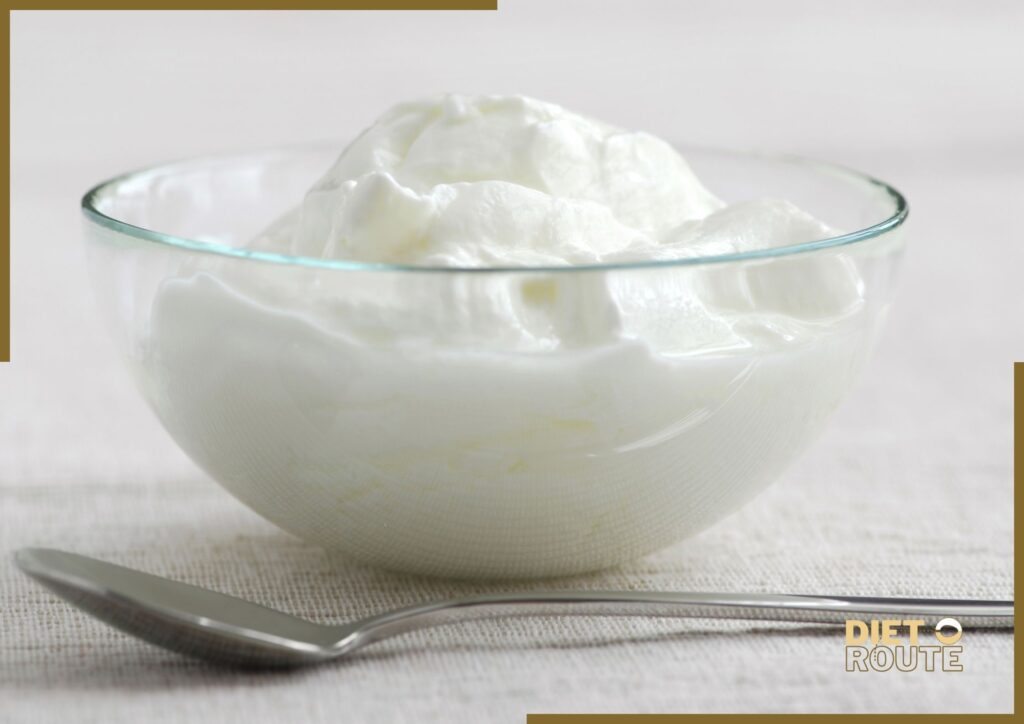
Pros
1. Reduced Fat Content:
Total fat and saturated fat are in smaller amounts in low-fat yogurt than in regular yogurt. For individuals who want to reduce their fat intake, it can be a good choice.
2. Good Source of Protein:
It is a good source of protein, which is essential for many bodily functions, such as muscle growth, repair, and maintenance.
3. Calcium-Rich:
It has a lot of calcium, which helps keep bones and teeth healthy. For all age groups, adequate calcium intake is essential.
4. Benefits of probiotics:
Many low-fat yogurts have live and active cultures, which provide probiotics that help keep your gut healthy and your stomach running smoothly.
Cons
1. Less Creamy:
It may have a slightly less creamy texture and taste than full-fat yogurt due to the reduced fat content.
2. Added Sweeteners:
To enhance the flavor, some may have been added sweeteners. It’s important to read the labels and choose options with less added sugar or plain low-fat yogurt.
Frequently Asked Questions (FAQ)
1. Is low-fat yogurt a good choice for your health?
As part of a healthy diet, it can be a good choice. It gives you important nutrients like protein and calcium while lowering your fat intake as a whole.
2. Can individuals who are lactose intolerant eat low fat yogurt?
People who can’t digest lactose may still have symptoms when they eat low-fat yogurt because it includes lactose. You could try options that don’t have lactose or yogurt that doesn’t come from milk.
3. How is Greek yogurt different from low-fat yogurt?
The product preparation and structure of low-fat yogurt and Greek yogurt are different. The straining process gives Greek yogurt its thicker texture and higher protein level.
4. Can low-fat yogurt be included in a plan to lose weight?
Because it provides a filling snack choice with fewer calories than higher fat alternatives, it can be included in a weight management plan.
5. Is low-fat yogurt good for kids to eat?
It can be a healthy choice for kids, but it’s essential to think about their diet as a whole and talk to a healthcare professional.
6. Can you use low-fat yogurt in cooking and baking?
It can be used in a wide range of cooking and baking recipes because it adds moisture and a tangy flavor.
7. How can I enhance the flavor of low fat yogurt?
Adding fresh fruit, nuts, seeds, or a natural sweetener like honey can enhance the flavor of low fat yogurt.
8. Is there probiotics in low-fat yogurt?
Some have probiotics in them, but it depends on the brand and how the yogurt was made. Look for goods that say they have live and active cultures on the label.
9. Can low-fat yogurt help keep your stomach in order?
Some have probiotics that can help digestion and keep the gut bacteria in check.
10. How can I incorporate low fat yogurt into my diet on a daily basis?
You can eat by itself as a snack, mix it with fruit and granola for a healthy meal, or use it as a base for smoothies and salad dressings.
In a Nut Shell
Individuals who want to reduce their fat intake while still having the benefits of yogurt can opt for low-fat yogurt, which is nutritious and flavorful. It has protein, calcium, and other essential nutrients, but it has less total fat and less saturated fat than regular yogurt. You can make an informed choice about adding It to your diet if you know its nutritional value, its pros and cons, and the answers to the most common questions about it. Take advantage of how versatile low-fat yogurt is, try out different tastes, and enjoy its health benefits as part of a balanced and healthy lifestyle.
